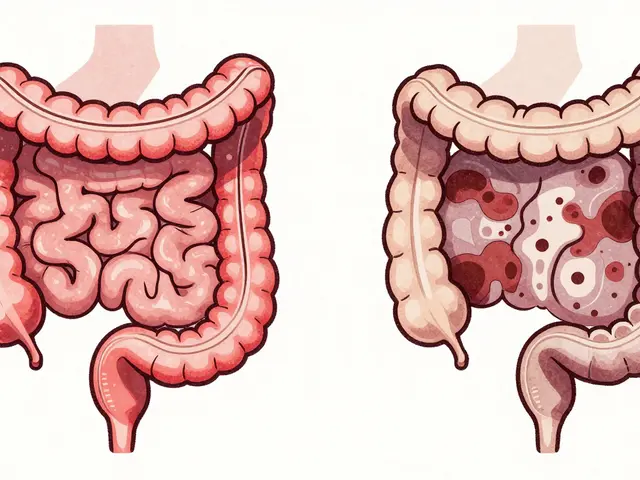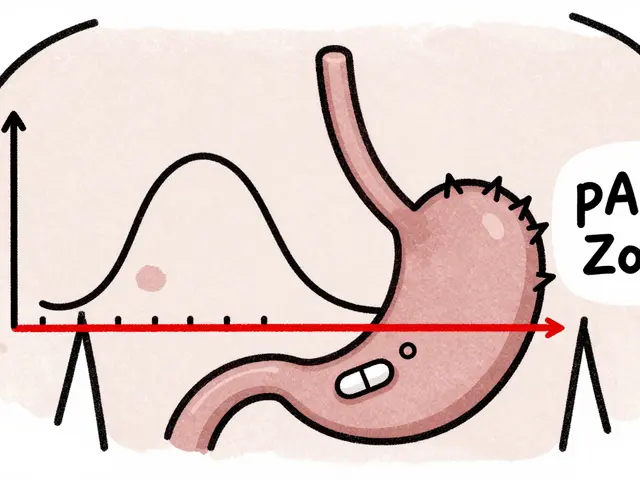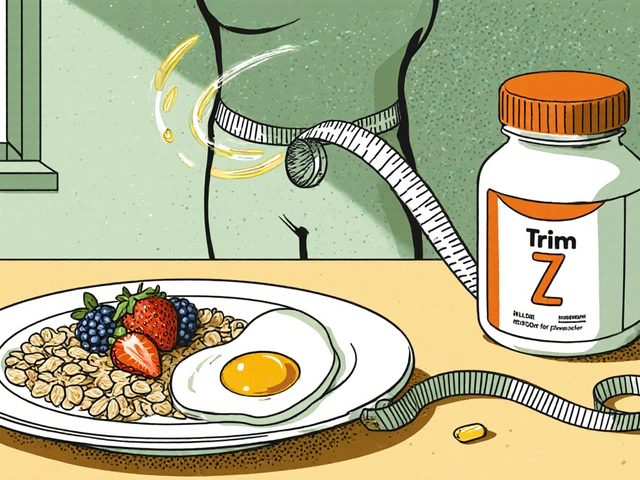Side effects: How to spot them, reduce risk, and act fast
Side effects are why people stop medicines, switch treatments, or call their doctor in a panic. Some are minor and pass in days. Others can be serious and need immediate care. This page helps you recognize common warning signs, avoid predictable problems, and decide when to act.
What to watch for right away
Some side effects are easy to miss until they build up. Watch for new or worsening symptoms after starting a drug: rashes, swelling, trouble breathing, chest pain, fainting, severe stomach pain, yellowing skin or eyes, or sudden mood or behavior changes. Less urgent but still important signs include ongoing nausea, dizziness, extreme fatigue, sexual problems, and insomnia. If you see a rash with fever or difficulty breathing, seek emergency care.
Think about timing. If a symptom starts soon after a new medicine or a dose change, that’s a clue. Keep a simple log: drug name, dose, when you took it, and when symptoms began. That makes it easier to spot patterns and helps your clinician fix the problem faster.
Practical ways to lower your risk
Start low, go slow when possible. Follow the exact dose and schedule your prescriber recommended. Take medicines with or without food as instructed — that can cut down stomach upset and improve absorption. Avoid mixing drugs with alcohol unless you checked first. Use one pharmacy when you can; pharmacists can spot dangerous drug interactions.
Check kidney and liver function if you take long-term meds — those organs clear drugs and a buildup can cause symptoms. For supplements, remember they’re not harmless just because they’re natural. Articles on this site cover things like acetyl-L-carnitine and thyroid effects, and mood supplements (SAM-e, rhodiola, omega-3) so you know what to expect.
If you buy meds online, pick reputable pharmacies and keep your receipts and batch numbers. Some posts here explain safe online buying for drugs like Azithromycin, Trimipramine, and Cialis Soft — and why fake or poor-quality products can increase side effect risk.
Also read patient guides for specific drugs. For example, Zantac’s recall story explains why contamination risks can cause harm; glaucoma drops like latanoprost have unique eye-related effects; antibiotics like clindamycin can cause severe diarrhea and need careful use in malaria combinations.
Never stop a prescribed medicine suddenly without checking with a clinician — some drugs cause withdrawal or rebound problems. If side effects are intolerable, your clinician can suggest safer alternatives; we have guides comparing options for antidepressants, diabetes drugs like Glipizide, and many antibiotics.
Questions or unsure about a symptom? Use our contact page to reach out or bring your medicine list to your doctor or pharmacist. A quick check can save a lot of trouble and help you feel safer on your meds.
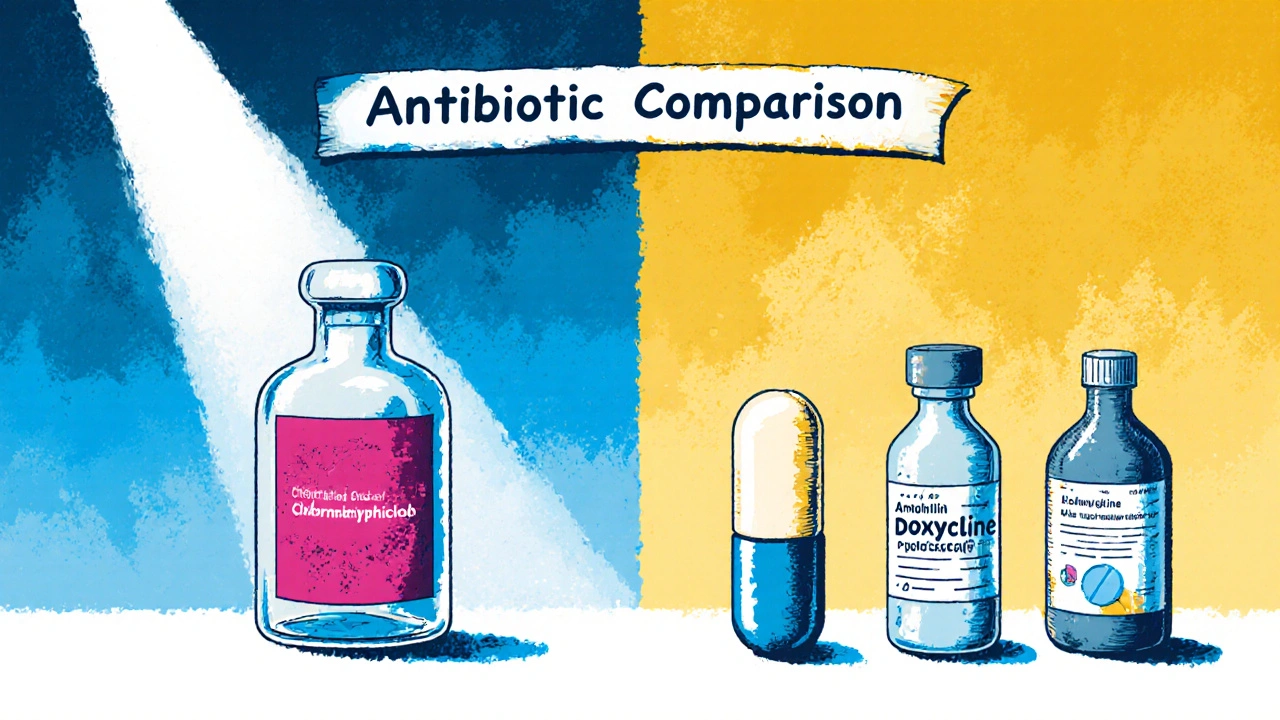
- Oct 22, 2025
- Posted by Cillian Osterfield
Chloramphenicol vs Alternatives: Comprehensive Antibiotic Comparison
A detailed comparison of Chloramphenicol (Chloromycetin) with common antibiotic alternatives, covering efficacy, safety, and usage guidance.
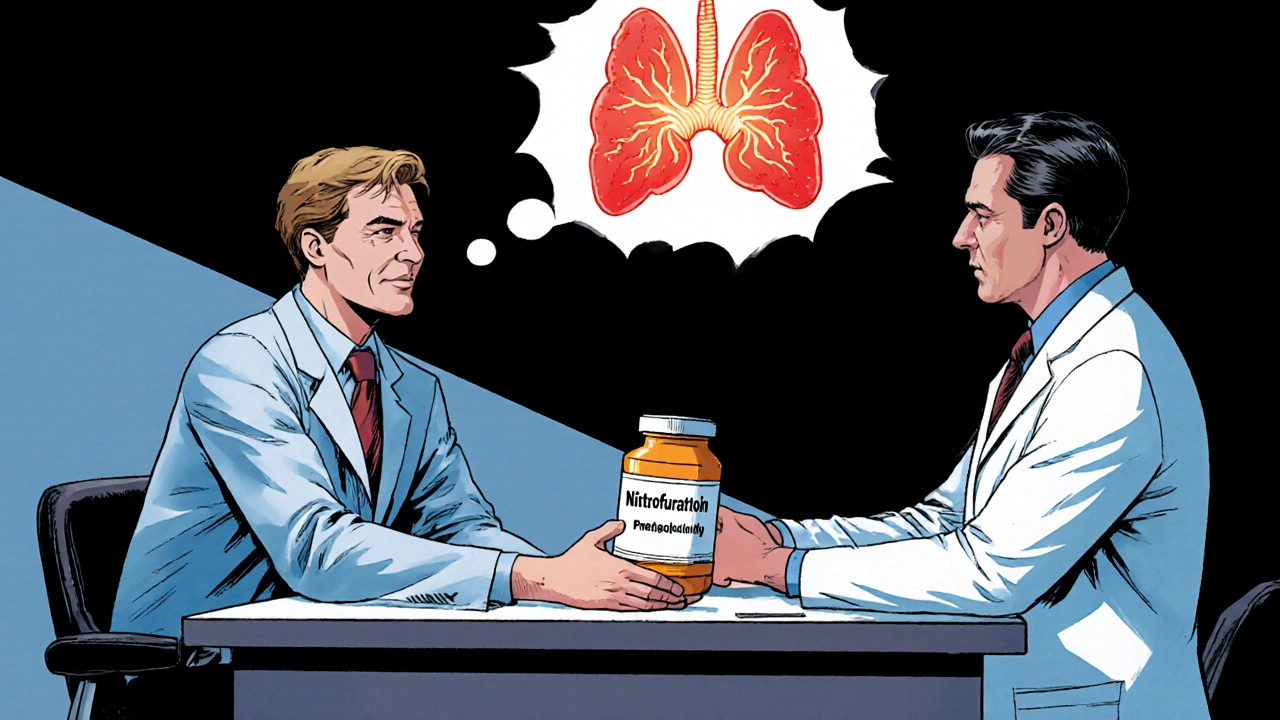
- Oct 16, 2025
- Posted by Cillian Osterfield
Nitrofurantoin and Thyroid Disorders: Essential Facts
Learn how nitrofurantoin may affect thyroid health, who is at risk, and what monitoring steps can keep you safe while treating a urinary tract infection.

- Oct 5, 2025
- Posted by Cillian Osterfield
Radioactive Iodine Treatment for Thyroid Cancer: How It Works, Side Effects & Recovery
Learn how radioactive iodine (I‑131) works for thyroid cancer, preparation steps, side effects, and post‑treatment follow‑up in clear, practical terms.

- Sep 21, 2025
- Posted by Cillian Osterfield
Modaheal Review: What It Is, Benefits, Risks, and How to Use It Safely
Discover what Modaheal actually does, its key benefits, potential risks, recommended dosage, and how it stacks up against similar supplements. A practical guide for anyone considering this product.

- Jun 28, 2025
- Posted by Cillian Osterfield
Torsemide: Benefits, Dosage, Side Effects, and Tips for Safe Use
Clear, practical guide to torsemide use. Learn its benefits, dosages, real risks, and side effects for heart and kidney health. UK/NZ perspective.

- May 23, 2025
- Posted by Cillian Osterfield
Accutane: Everything You Need to Know About Results, Side Effects, and Real Stories
Accutane, a strong acne treatment, often sparks curiosity and concern. This article breaks down how it works, what to expect, side effects, and tips for getting through a course. Real stories, practical advice, stats, and all the info anyone needs before starting or during Accutane—delivered in a straightforward, human way.
Categories
- Health and Wellness (71)
- Medications (68)
- Health and Medicine (28)
- Pharmacy Services (12)
- Mental Health (9)
- Health and Career (2)
- Medical Research (2)
- Business and Finance (2)
- Health Information (2)
Latest Posts
©2026 heydoctor.su. All rights reserved

